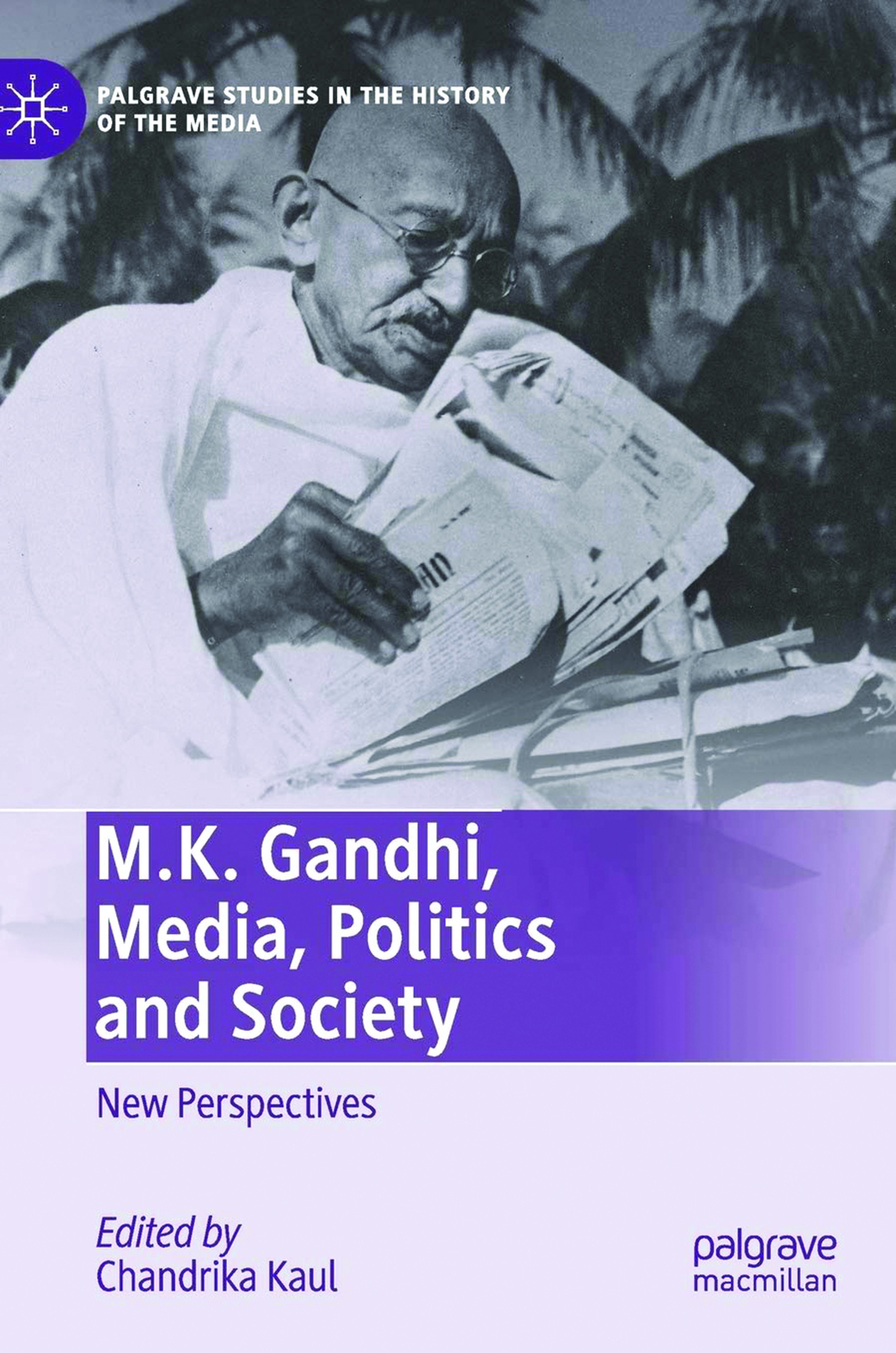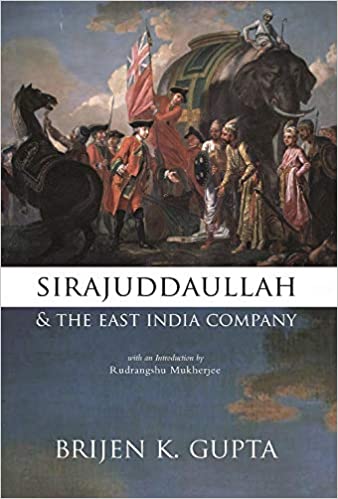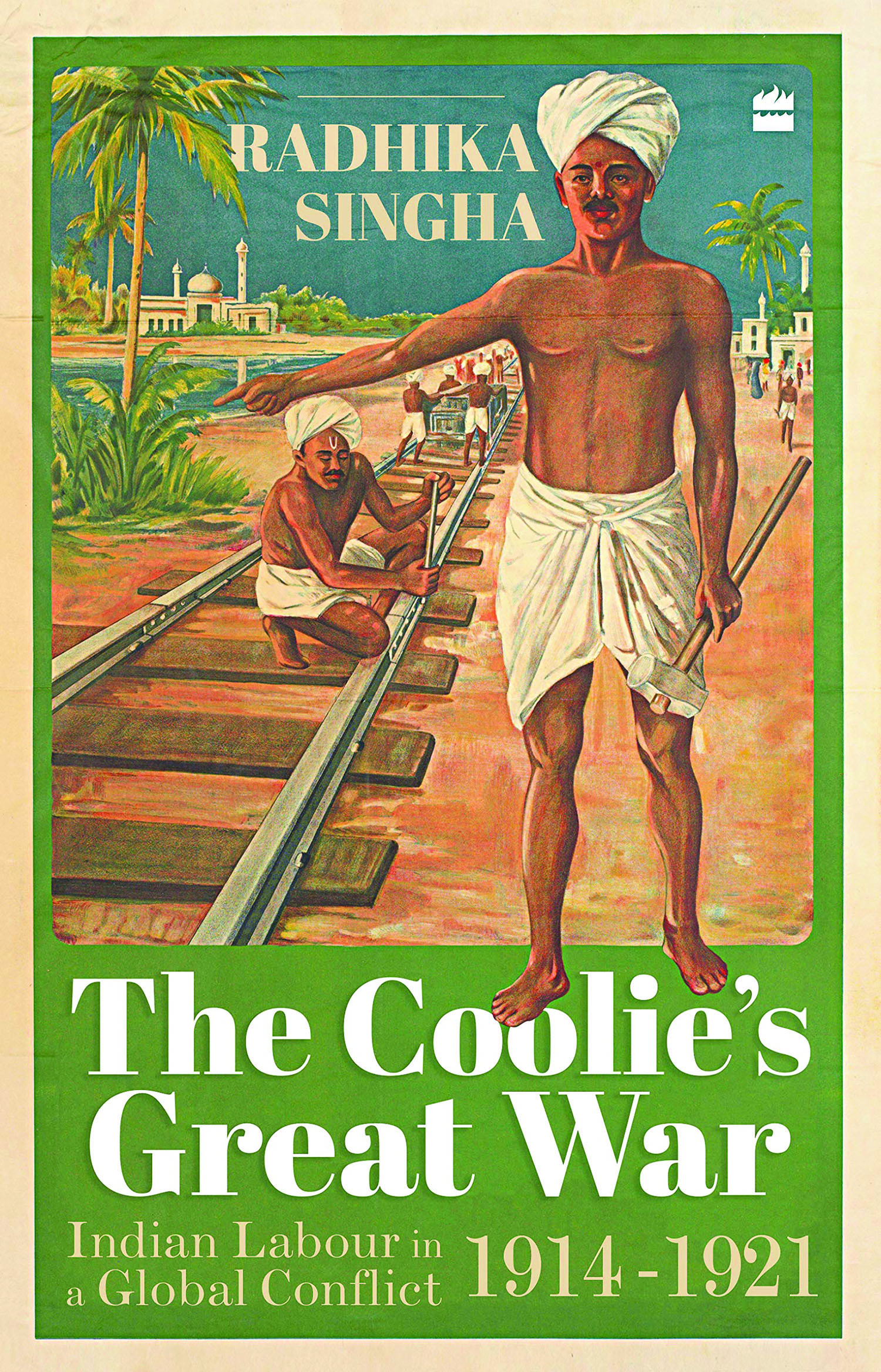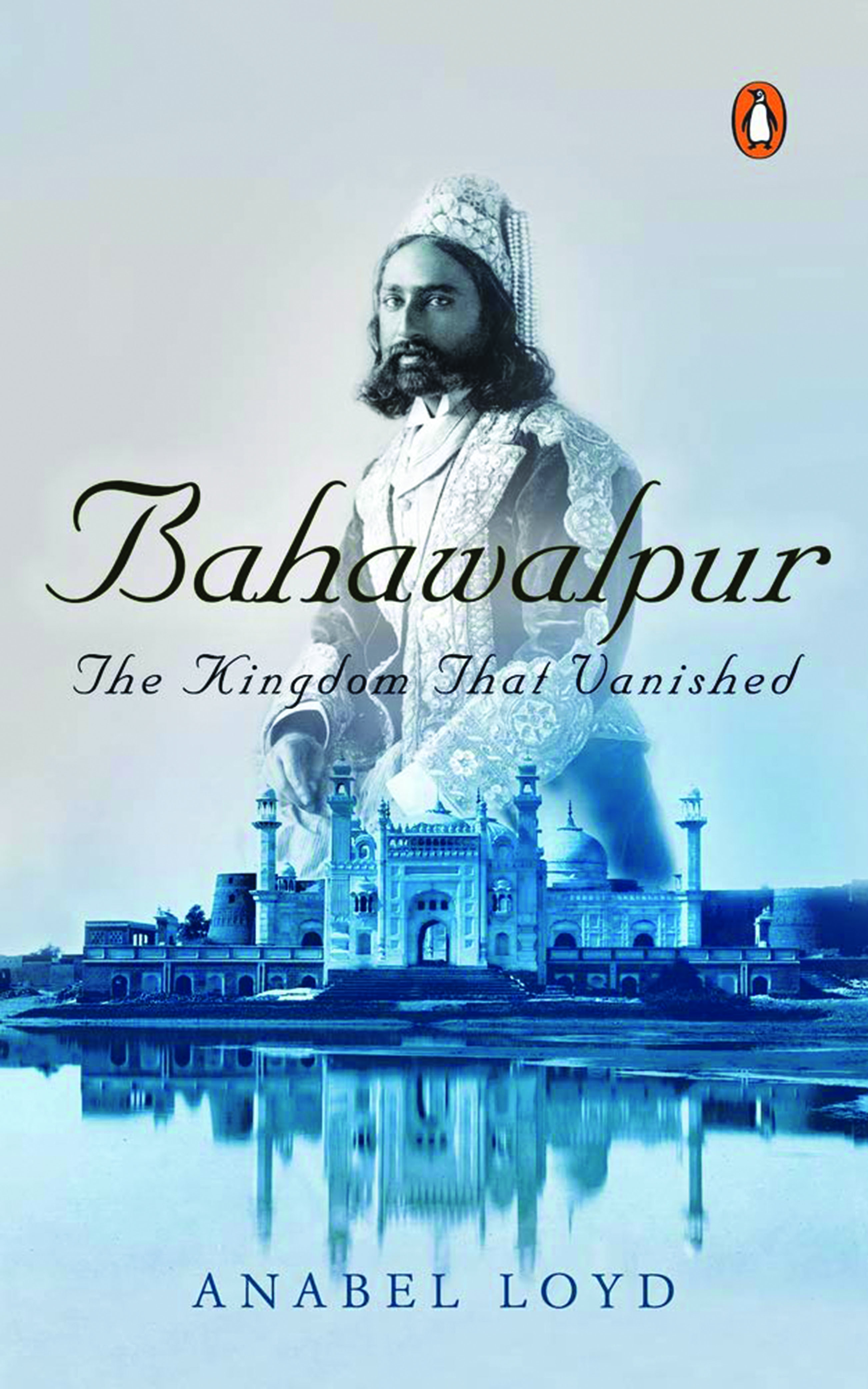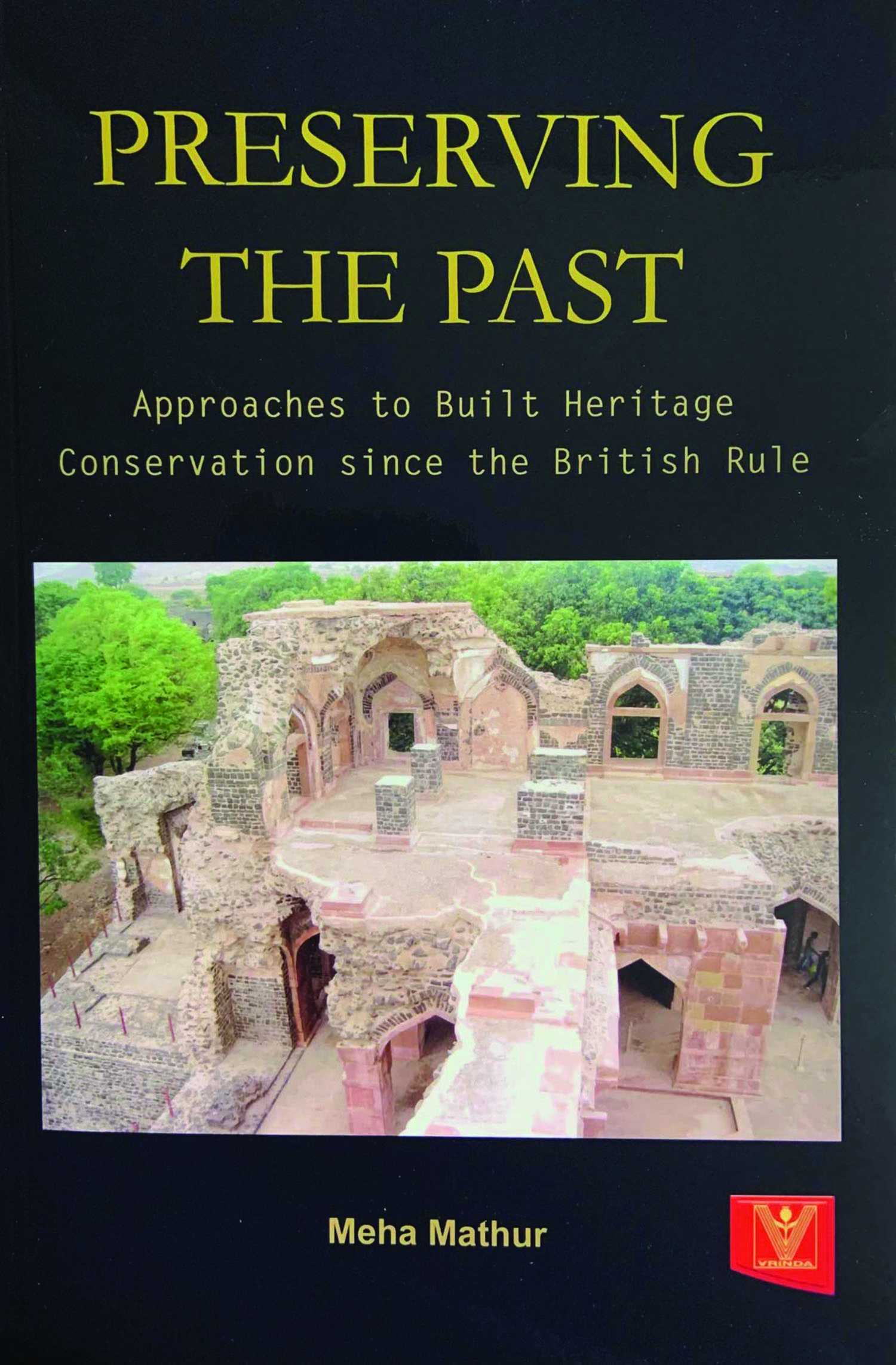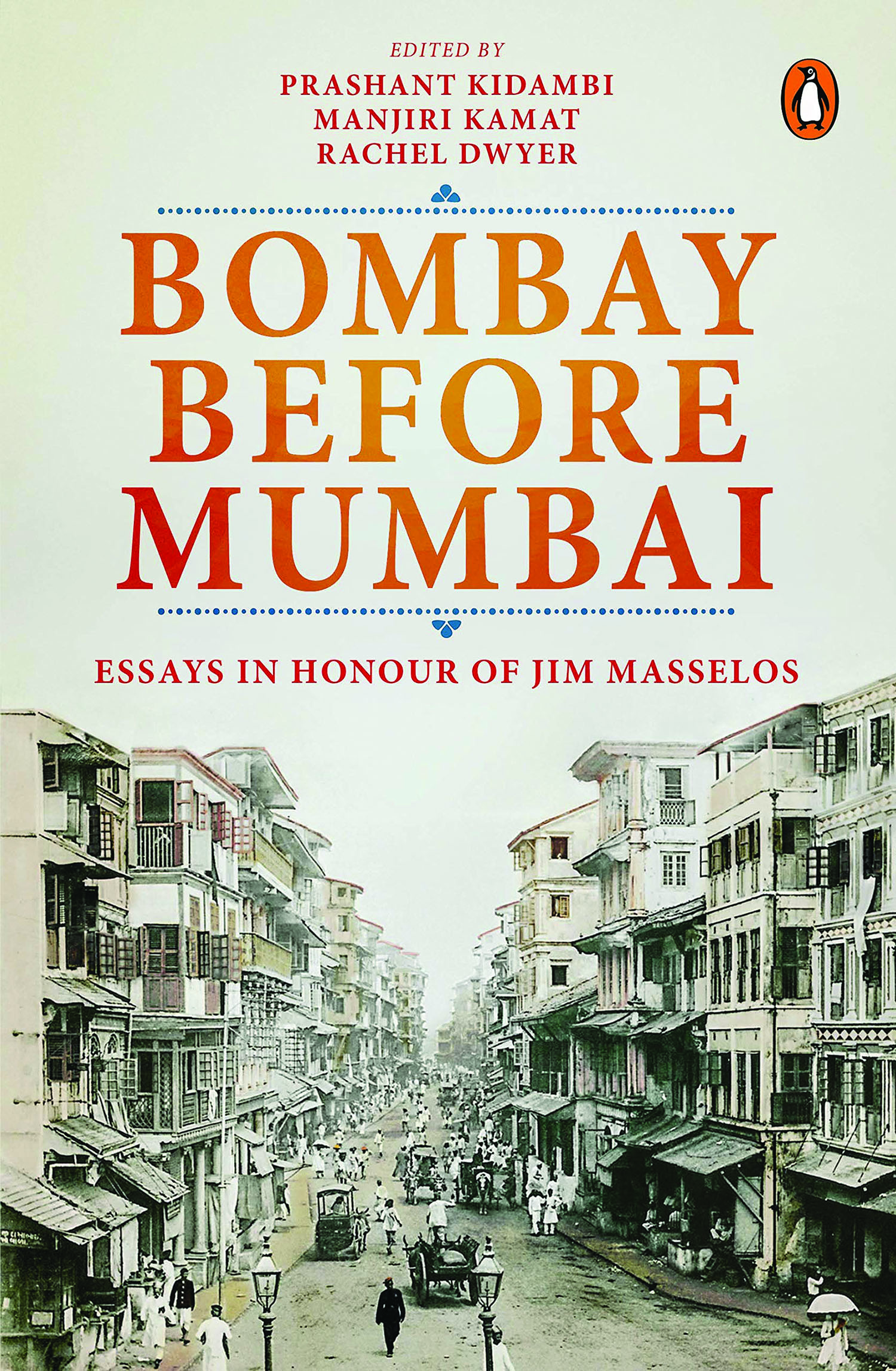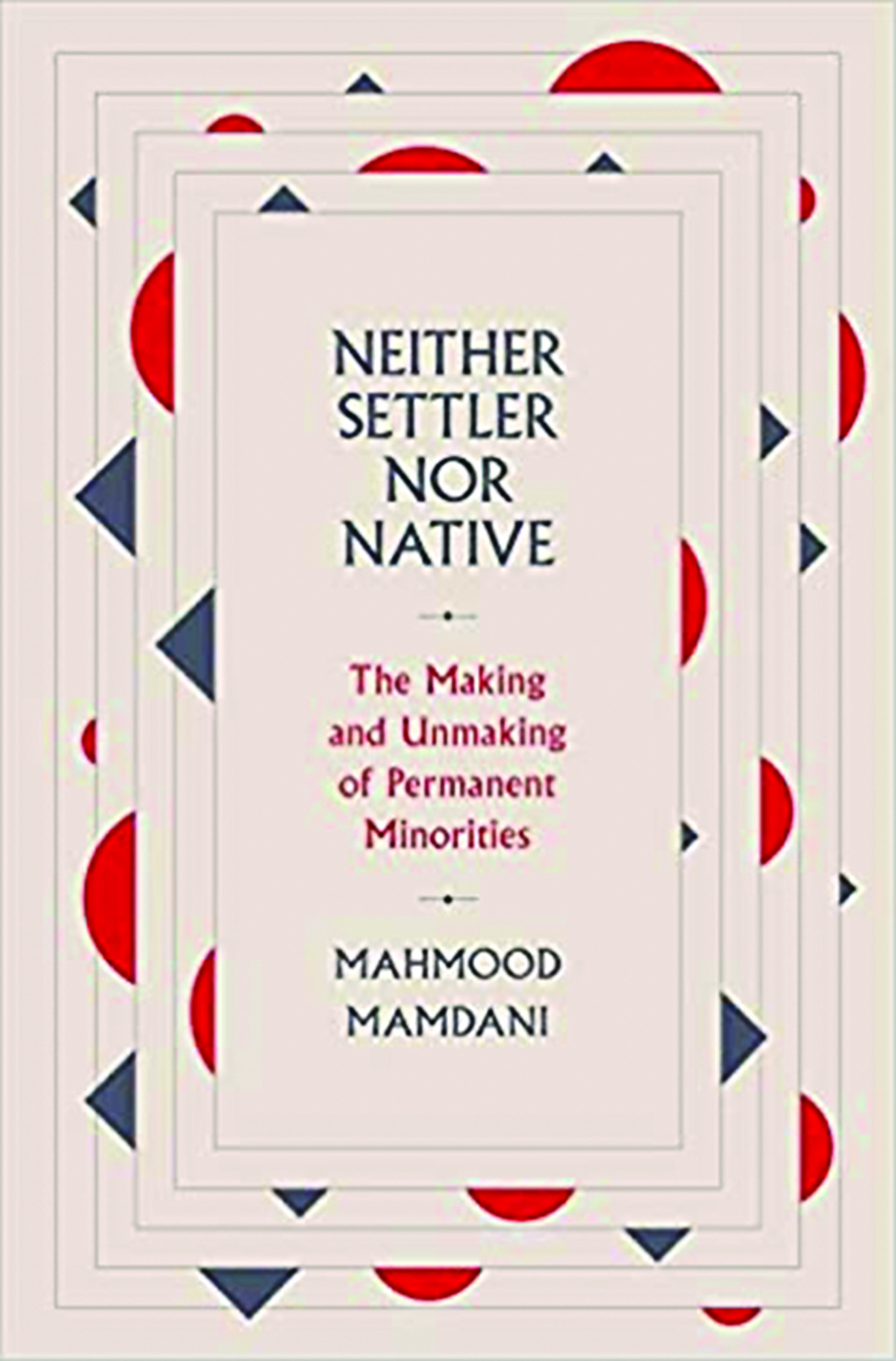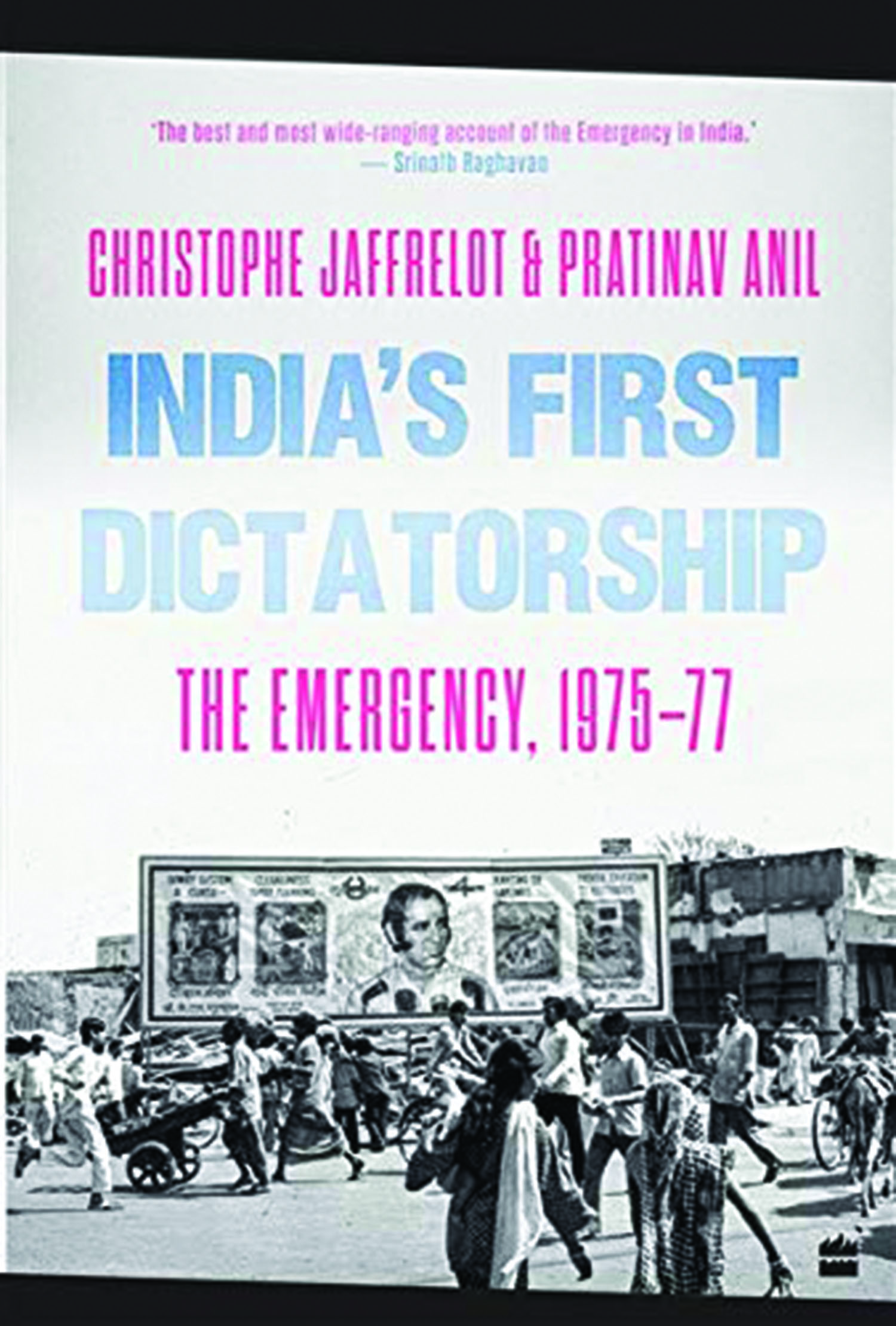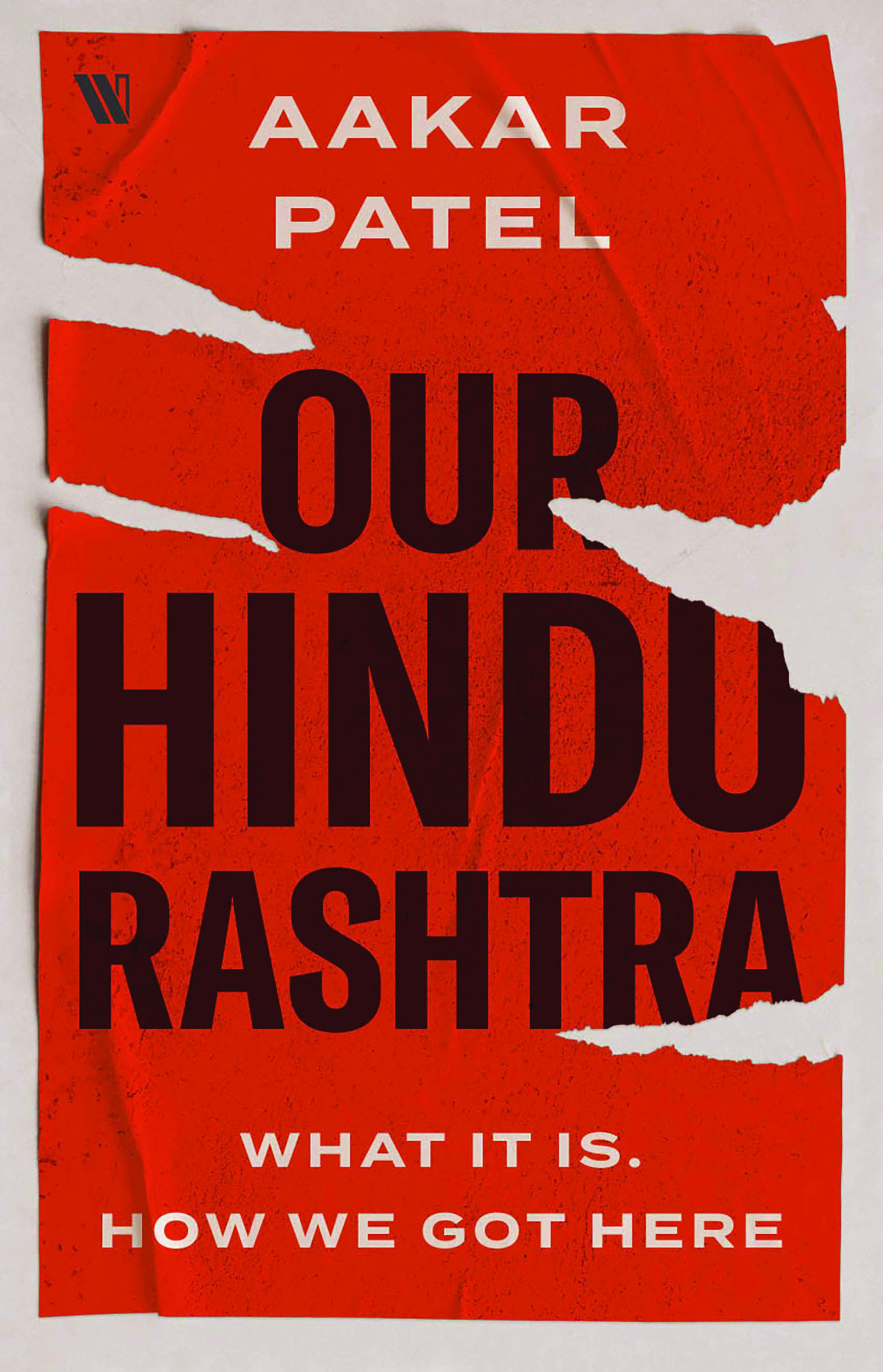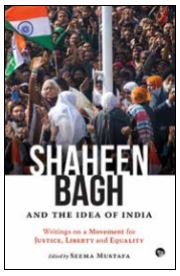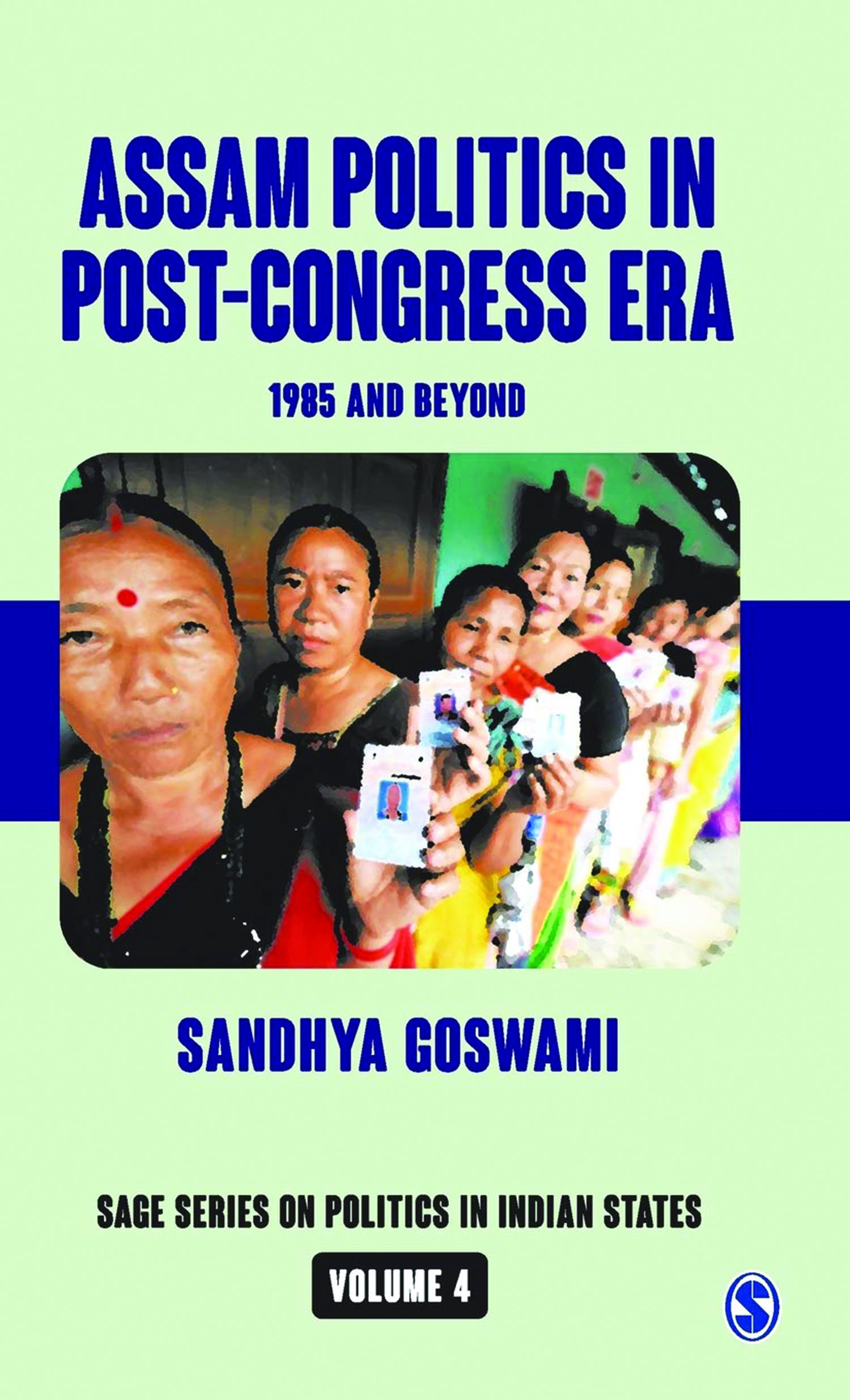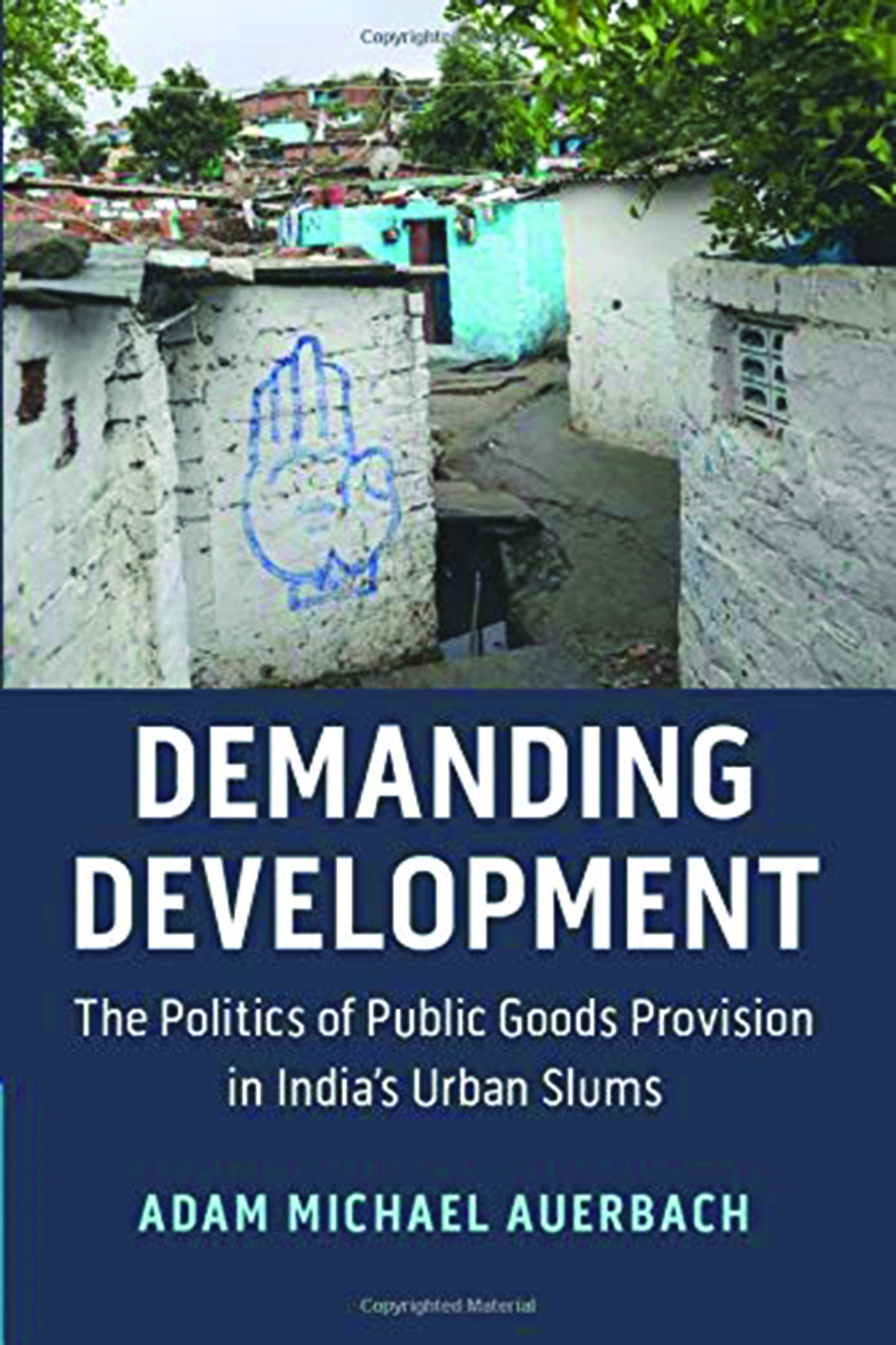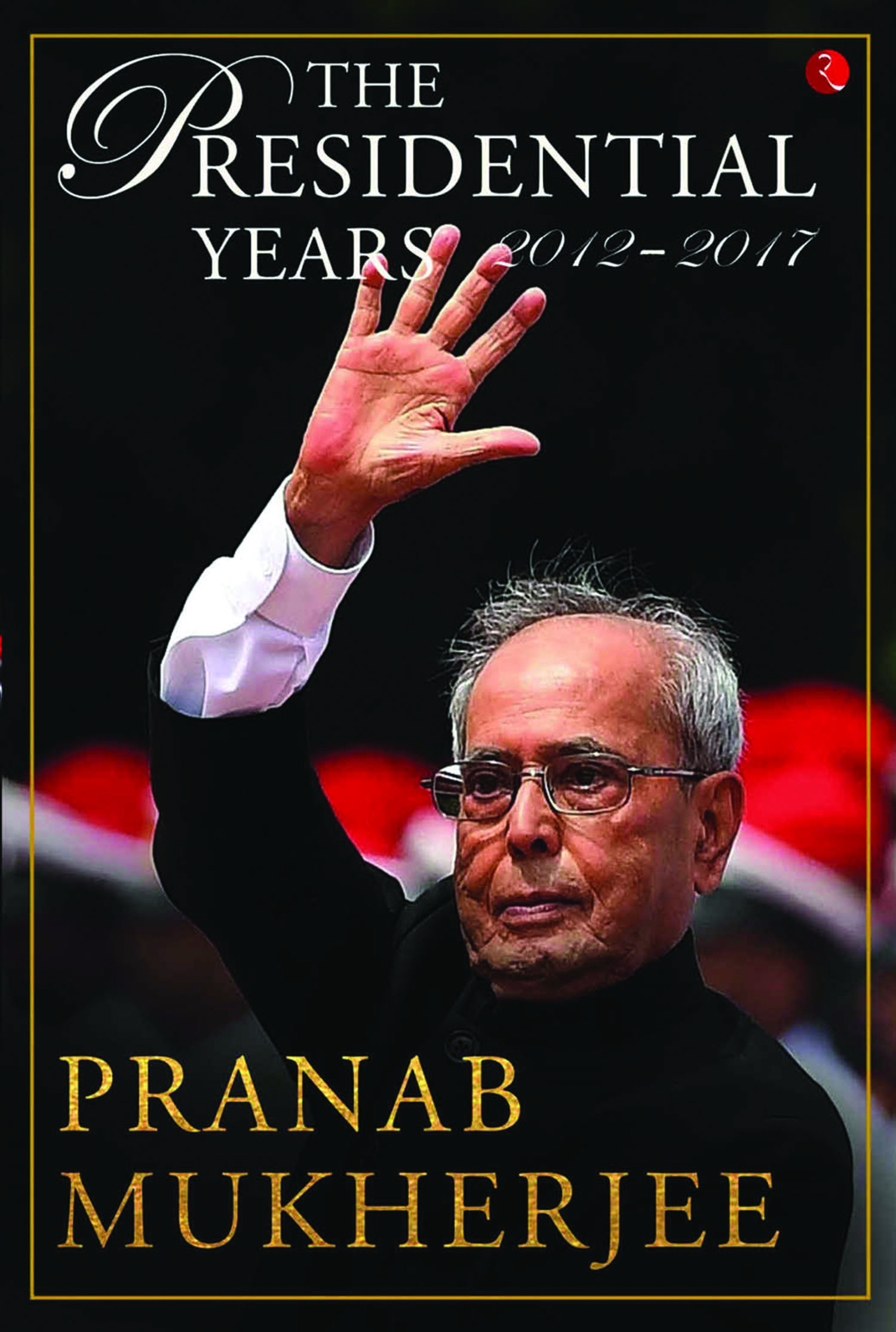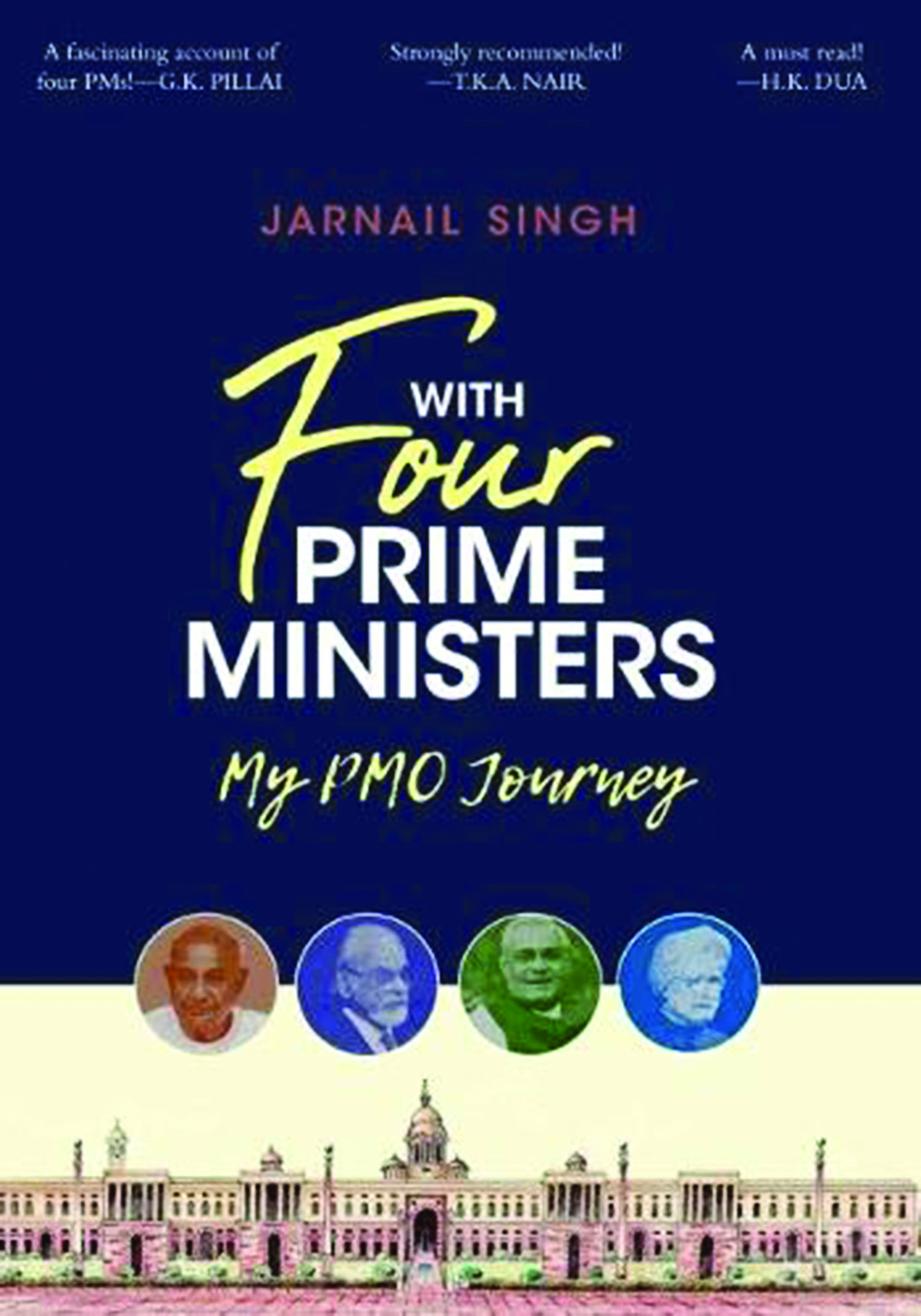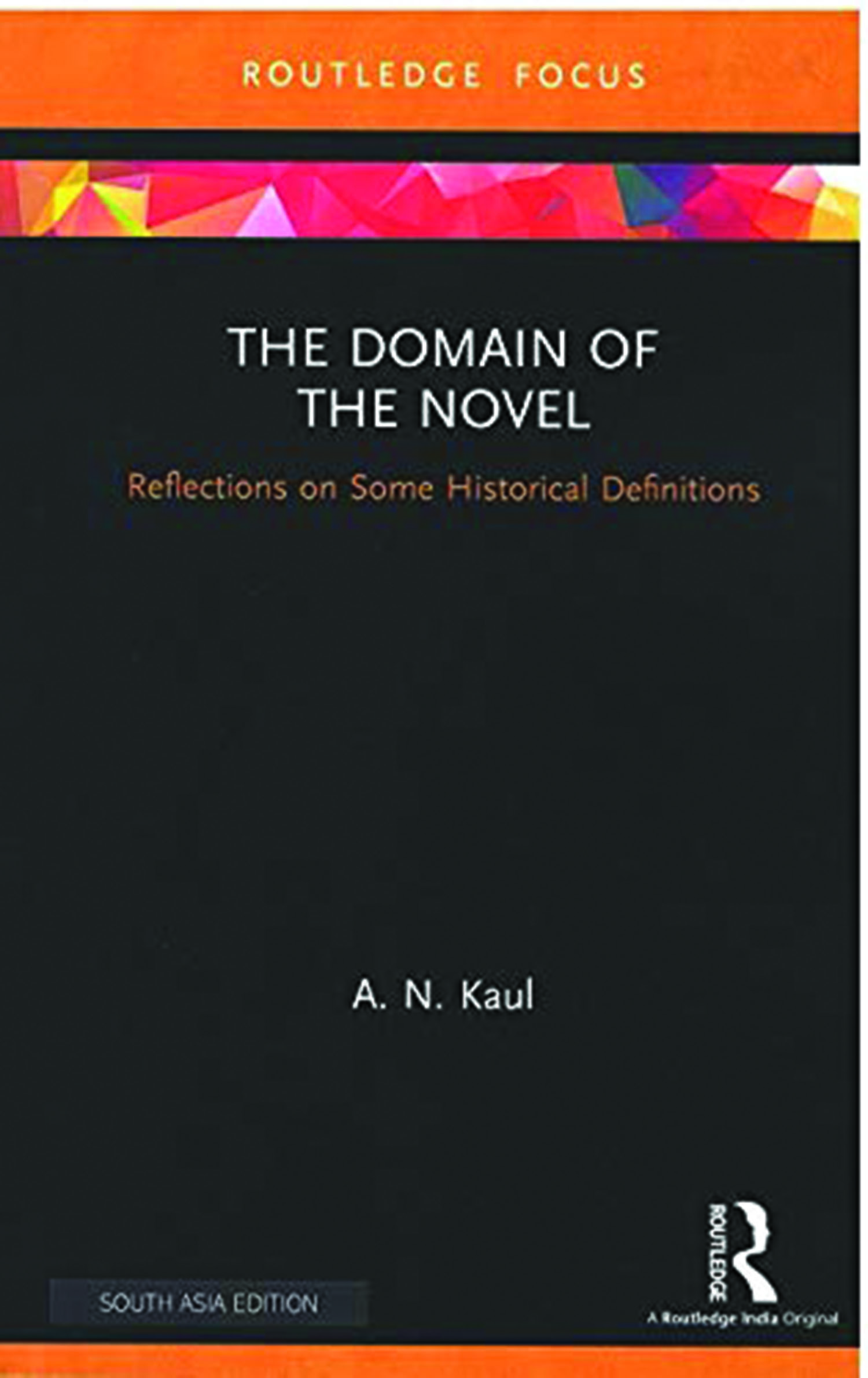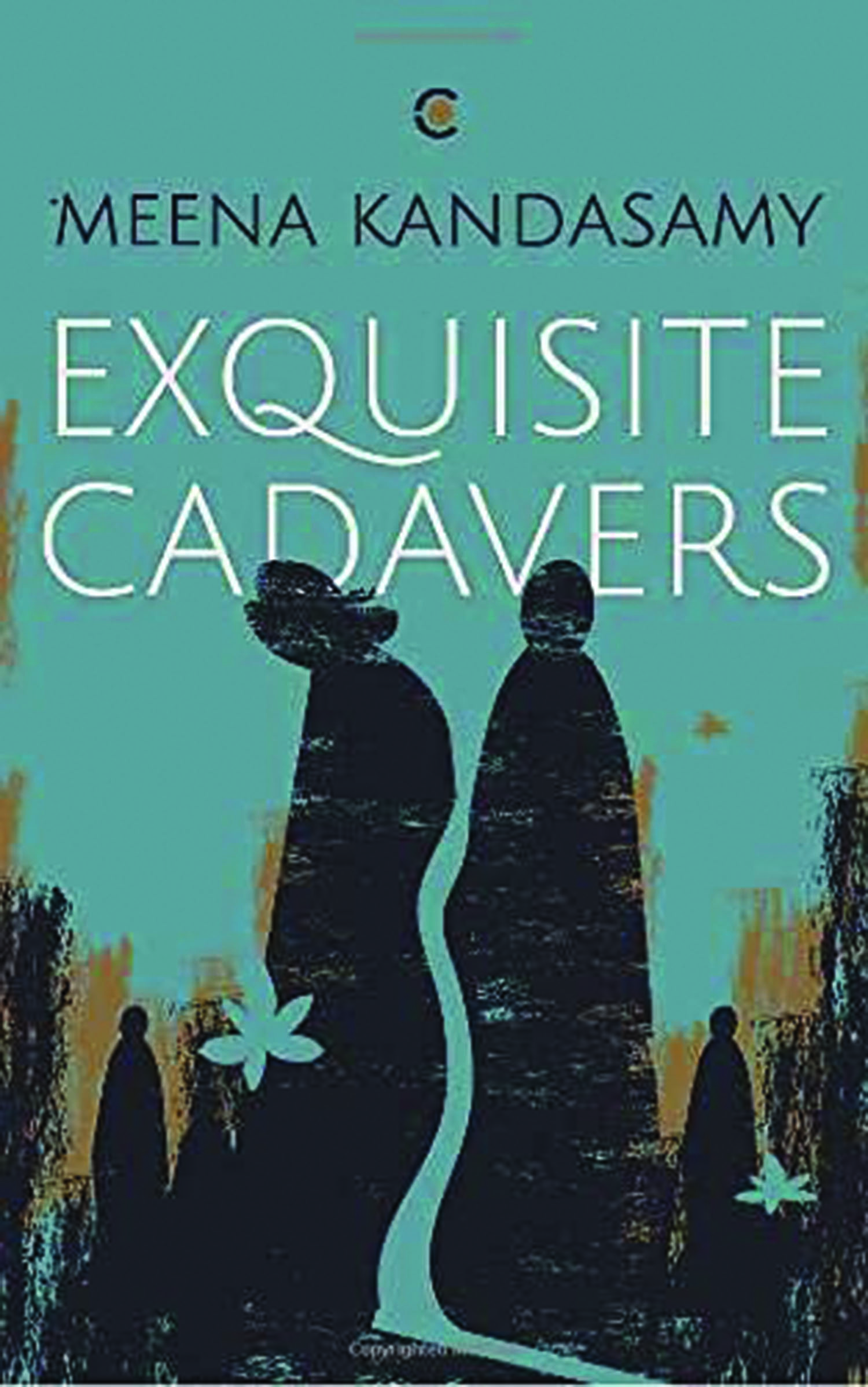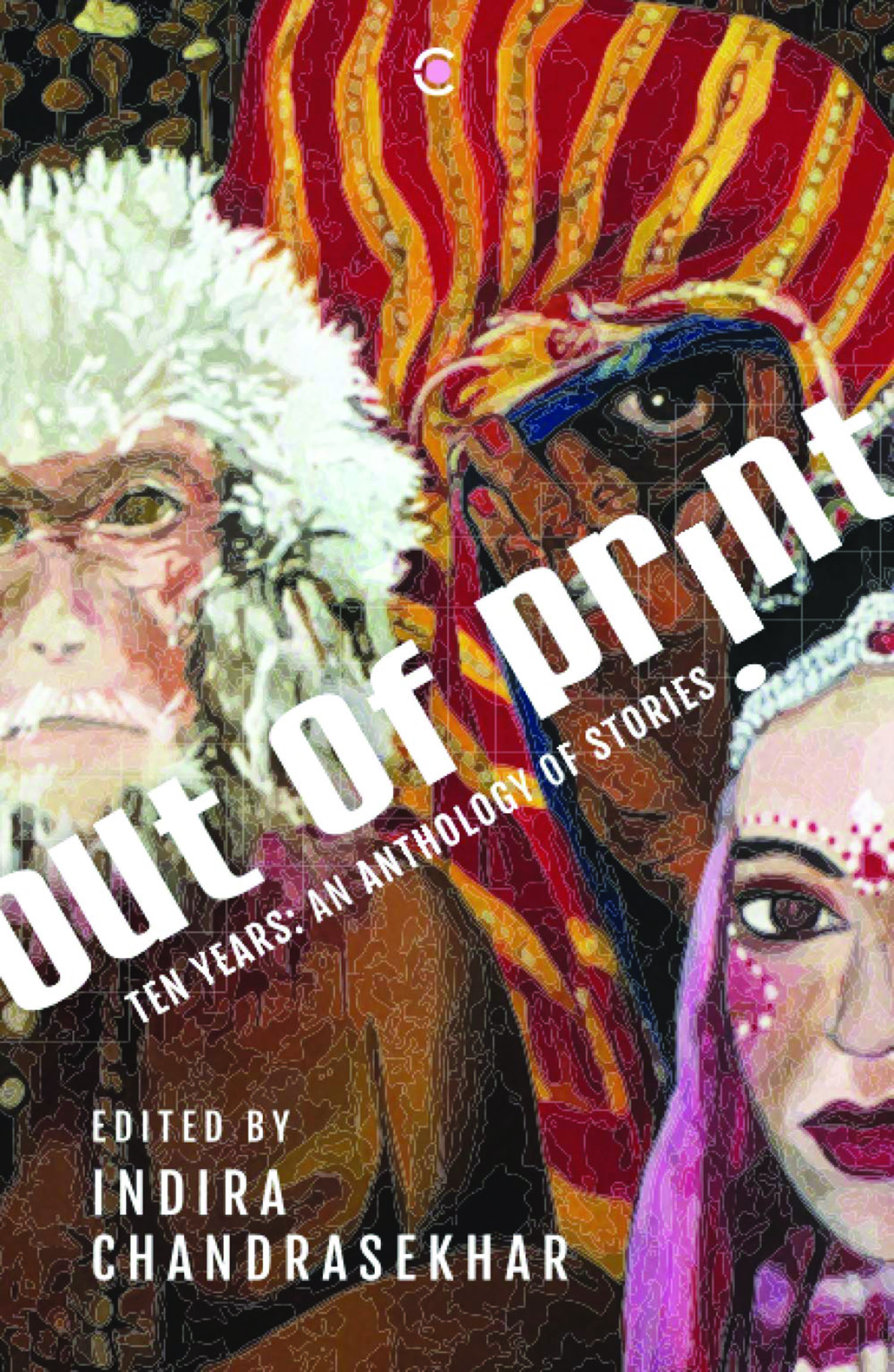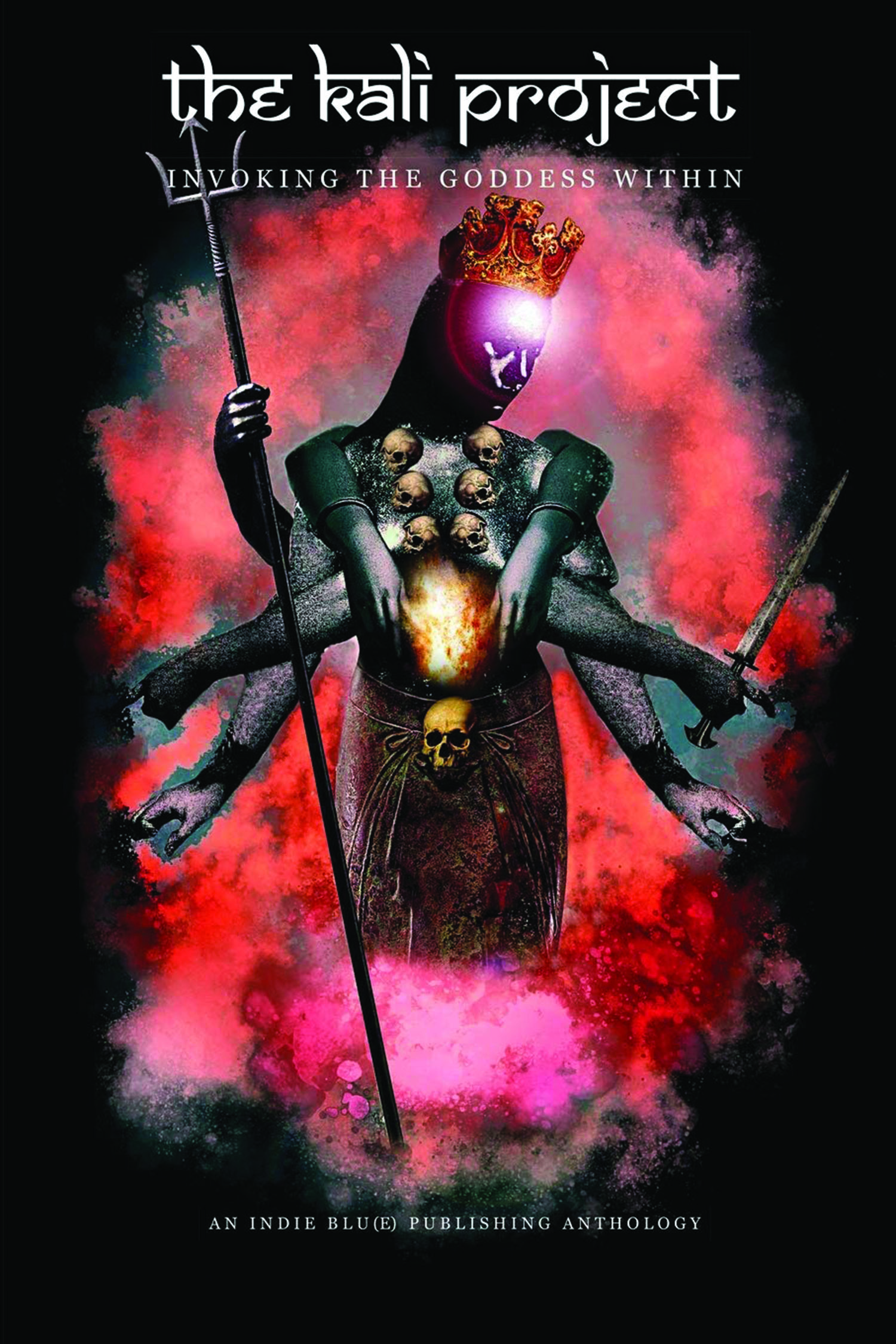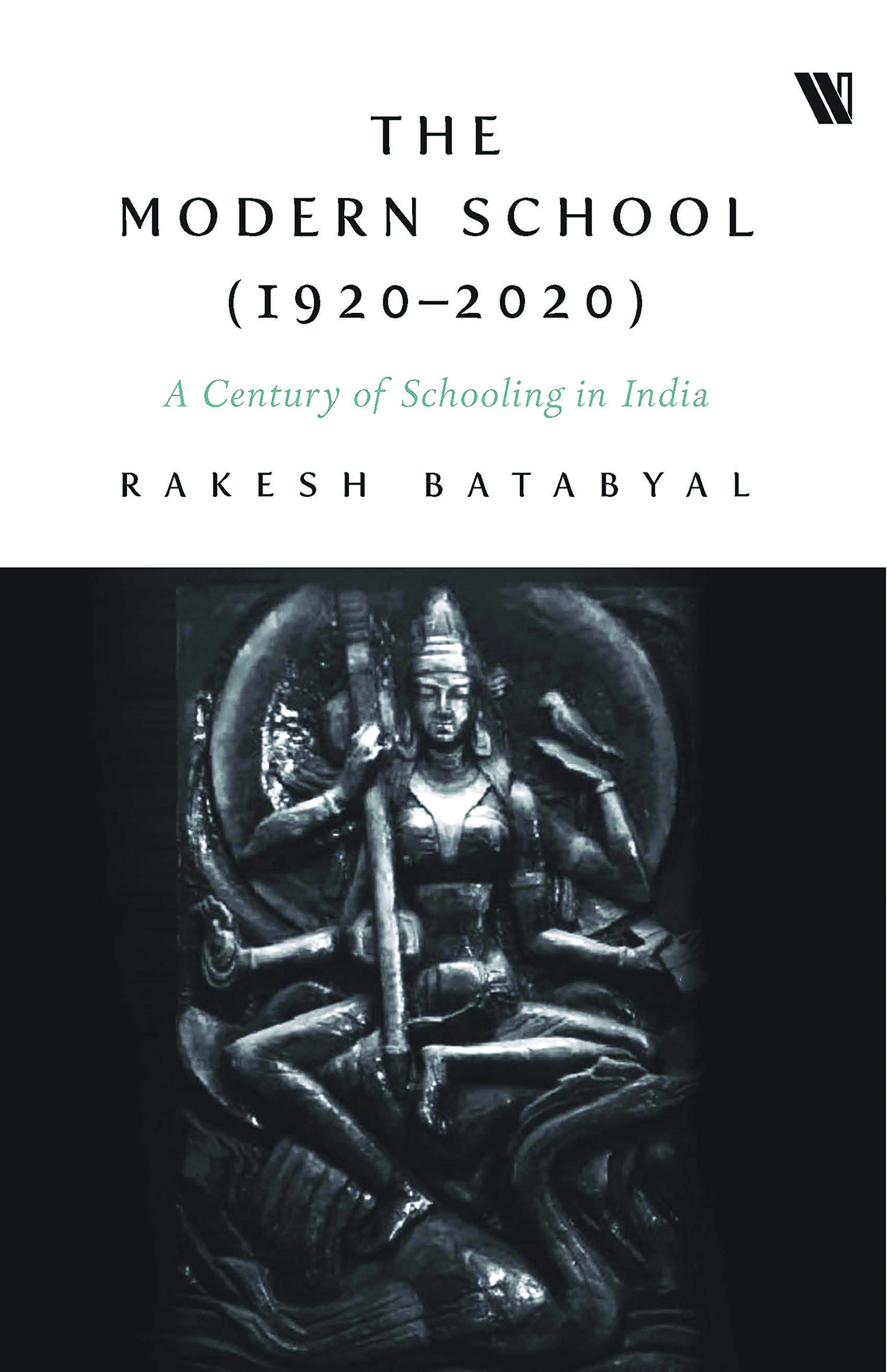Chandrika Kaul’s brief introductory remarks to the edited volume of essays, titled M.K. Gandhi, Media, Politics and Society, begins with a rhetorical flourish. Gandhi, she remarks, ‘both made the news and was the news.’ His preoccupation with media…
Archives
April 2021 . VOLUME 45, NUMBER 4The volume under review is a reprint of the book with the same name written by Brijen K Gupta. While the Orient BlackSwan in association with Ashoka University has published the reprinted version in 2020, EJ Brill, Leiden, Netherlands, had published the original work in 1966…
This quote from an army recruitment propaganda pamphlet around World War I exemplifies the ethos of the average Indian sepoy. For him cultivation and soldiering were honourable professions and he was careful to distinguish himself from the menial followers in the army…
At the time of Independence India and Pakistan had to urgently deal with, among numerous other problems, the problem of incorporating those Princely States which were contiguous with and adjacent to their respective territories. The British had quite cynically…
As religious conversions come to be criminalized across India and alleged to be a threat to the ‘integrity’ of the nation-state, this edited volume is an important and timely contribution, enriching the existing scholarship on conversions as well as unsettling…
The ownership and manner of use of built heritage brings out intense emotion among people. This is true whether the heritage belongs to society at large or even when it is owned by private parties as evocatively shown in the popular film, Gulabo Sitabo. Meha Mathur’s maiden book…
Bombay/Mumbai will continue to fascinate historians, sociologists, artists, writers, filmmakers and poets for years to come. For there remains so much more to document, as is evident from the most recent addition to the collections of books on the city…
unrecognizable and the future uncertain. Fear and restrictions are its primary currencies, and far from the garbled promise of stability, it is inducing greater instability in the lives of the people. Mamdani answers his question by tracing the history of nationalism as a principle to organize the political association that is the state…
In the last few years, many academic books have been published on the Emergency in India. One of the first comprehensive academic interventions was Bipan Chandra (2003), In the Name of Democracy. The British sociologist, David Lockwood (1929-2014)…
Samuel P Huntington in his seminal text, The Third Wave: Democratization in the Late Twentieth Century suggests three waves of democratization, indicating the third wave as neoteric as in 1989-1991. But the rise of contemporary Right-Wing populism puts a big question…
Shaheen Bagh protests began on 15 December 2019, three days after the passage of the Citizenship…
The tripartite Assam Accord signed between the Indian government, the State Government of Assam and the All Assam Students Union (AASU) in 1985 marks a watershed moment in Assam’s socio-political history. The Accord ushered in a new era of competitive politics…
In rapidly urbanizing India the book Demanding Development: The Politics of Public Goods Provision in India’s Urban Slums by Adam Auerbach is an important contribution to the existing corpus of political economy literature engaging with the themes related to development in urban India…
The book under review is an account by the late Pranab Mukherjee about his tenure as the President of India (2012-2017). This period was critical because as President, Mukherjee witnessed two governments of the ideologically opposing alliances…
The tradition of writing memoirs by civil servants has been handed down by the colonial administrators to their successors in the bureaucracy of independent India. Sardar Jarnail Singh too has penned a memoir of the fateful eight years of his life in the Prime Minister’s…
Reading Professor A N Kaul’s The Domain of the Novel I am reminded, as Professor Sambuddha Sen points out in his own brilliant introduction, of the acuity of Professor Kaul’s mind, the depth and breadth of his interpretations of a wide variety of texts and their contexts…
The quote above was a part of Barbara Kruger’s untitled work (a Photostat print) created in 1987 that depicts a woman’s fingers holding a light bulb and these words are inscribed on the artwork. The first line is in bold and clearly visible while the second line remains less conspicuous. With Exquisite Cadavers…
Out of Print: Ten Years: An Anthology of Stories is an interesting collection to say the least. A compendium of stories that have earlier been published online via the website of the same name—‘Out of Print’—it is perhaps ironic that these stories do ultimately find themselves in print. Nonetheless…
The Kali Project is a unique effort that curates poetry by Indian women from different parts of the world. Wide socio-economic disparities and violence against women, in forms both manifest and oblique, led to the need for a collective effort to resist insidious structures…
It is now usual to think about the Vietnam conflict of the mid-20th century…
JNU Stories: The First 50 years is an anthology of anecdotal essays and a few poetical pieces. These essays, suffused and soaked with nostalgia, map the institutional and intellectual journey and are haunted by an ‘anxiety about preserving an institutional memory’ (p. 44). This passionate…
Reading the history of one’s old school is always interesting, sometimes even challenging. Rakesh Batabyal’s book on Modern School is certainly both. Situating the founding of the school in the context of the Indian Independence movement’s initiatives to build free…

